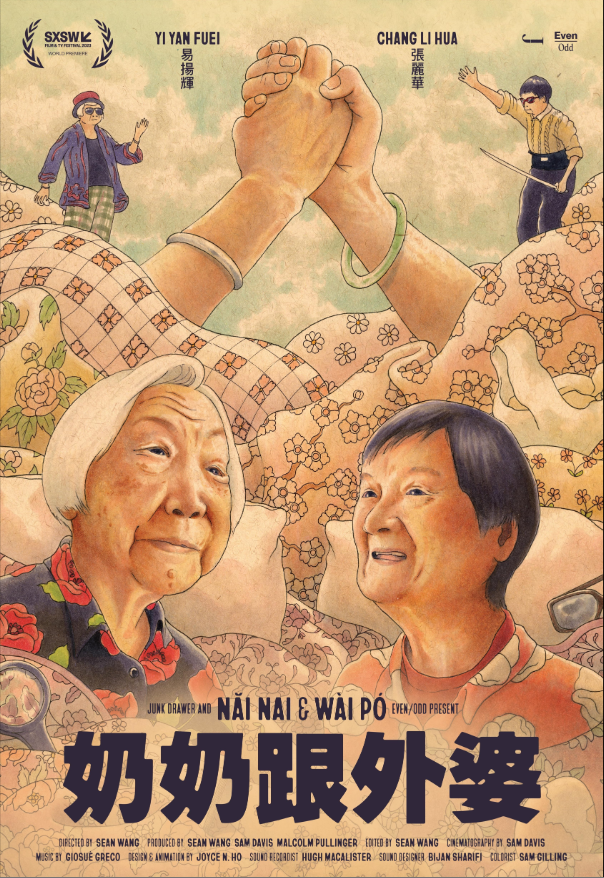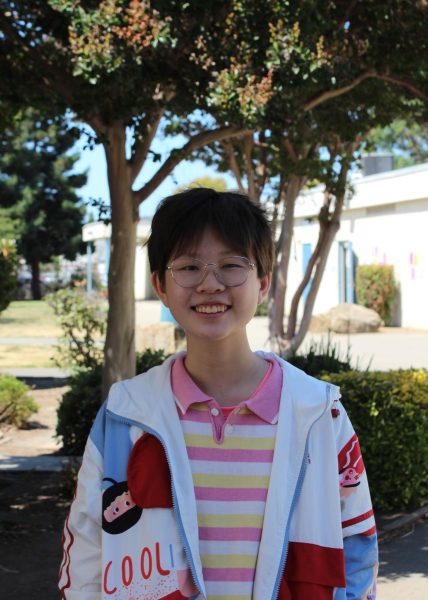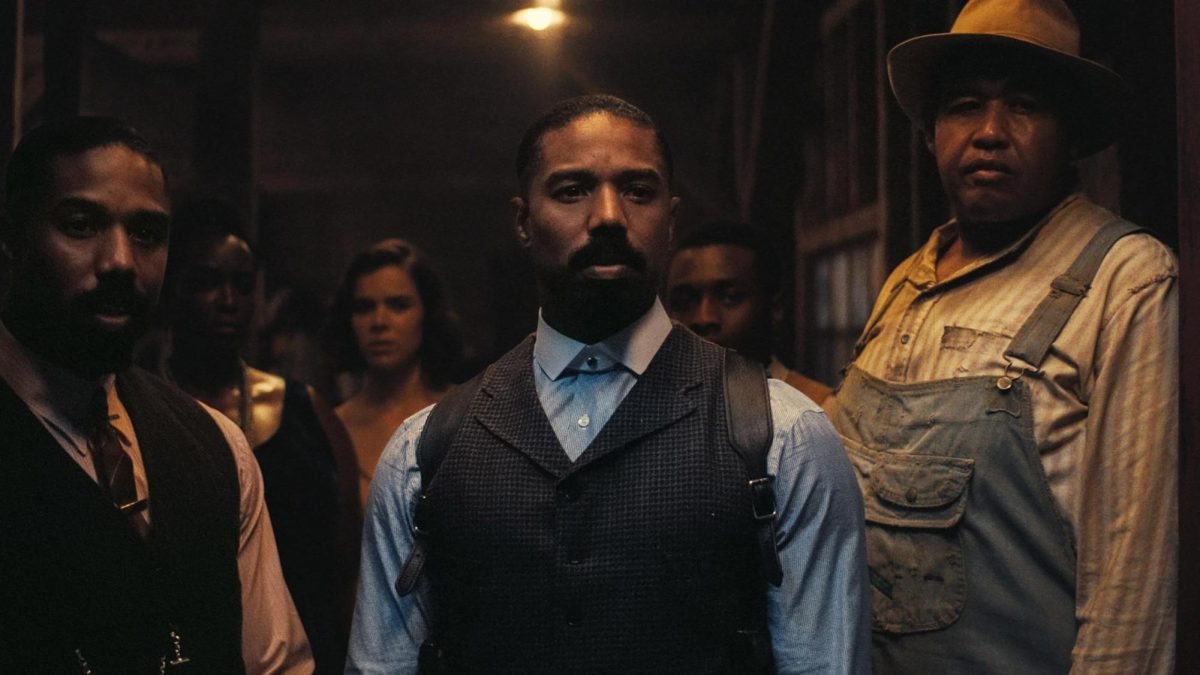Directed by Irvington alumnus Sean Wang, “Nai Nai and Wai Po” is a documentary short film recently nominated for the 2024 Oscar Academy Awards. As the first installment of Disney+’s “People & Places” series relaunch, “Nai Nai and Wai Po” — Mandarin pinyin for “Grandma and Grandma” — glimpses into Wang’s grandmothers Chang Li Hua and Yi-Yan Fuei’s lives and struggles.
Instead of casting actresses to portray his grandmothers, Wang films his actual grandmothers. Upon opening the short film, I felt a sense of familiarity as I got to meet Nai Nai and Wai Po. Exercising in the backyard or working together to do daily chores, Nai Nai and Wai Po reminded me of the pride and earnesty with which my own grandparents lived their lives.
In addition, Nai Nai’s fear of going outside to the supermarket because of Asian hate crimes brought to light the real injustice many Asian Americans faced in 2021 when the film was shot and continue to face today.
Beyond the slice-of-life moments, the grandmas’ little jokes about their age and farting (I know) all the more characterized the two as hilarious and surprisingly similar to the rest of us. I was surprised when the two started playing dress-up, throwing money, and drinking alcohol as if they were still young adults. Ironically, Nai Nai and Wai Po’s day-to-day life seemed like a touching depiction of youth – as even Wai Po herself describes feeling “like [she’s] still 20 years old.”
Despite these funny moments, Wang’s cinematography made the two grandmothers’ heartfelt stories even more endearing. Seeing warm light beautifully draped over Nai Nai and Wai Po as they cut fruit and arranged shoes, I was able to feel Wang’s immense love for his two grandmothers. On the other hand, sharp contrasts between light and dark hues almost made the film seem surreal to me — like fiction from a scripted movie.
It’s in these moments where Nai Nai and Wai Po describe the pains they have felt throughout their long lives almost casually. Hearing Wai Po describes not being able to afford to eat boiled eggs in the past as she carefully peels an egg today brought me to deeply empathize with her, remembering my grandparents have also experienced the same struggles. Seeing past photographs and videos of Wang’s family made me realize — even though it seems obvious — how important it is to cherish my living family members.
“Nai Nai and Wai Po” effectively communicated lessons that teenagers like us all normally overlook, as we overwhelm ourselves with loads of coursework and other duties. Wang’s grandparents tell us — the audience — cliches like “Your lives are so much more fortunate now,” but in a much more favorable light as we watch the grandmas’ firsthand experiences and get to love them.
What resonated with me the most was one of the final scenes, where Wang is about to leave and his grandmas say goodbye to him. Paired with absolute silence and darker hues, Nai Nai and Wai Po saying “The atmosphere is different with you” overwhelmed me — especially as I remember the limited time I have with my family before I leave for college. Combined with scenes such as Nai Nai reading with a magnifying glass similar to my late grandmother’s struggles with text, I was reminded of the mortality each of us have. It made me feel fear and regret, even though Nai Nai, Wai Po, and many of our own grandparents accept their pasts and what’s to come.
As a result, Wang’s “Nai Nai and Wai Po” pays an endearing but realistic homage to his grandmas. Wang successfully characterizes the two’s hilarity and loving nature but also illustrates their struggles facing hate crimes against Asians, death, and loneliness. Through Nai Nai and Wai Po, the film delivers a strikingly accurate portrayal of all of our grandparents’ day-to-day lives. For these reasons, I think “Nai Nai and Wai Po” definitely deserves its Oscar nomination — and a 5/5 rating from me













